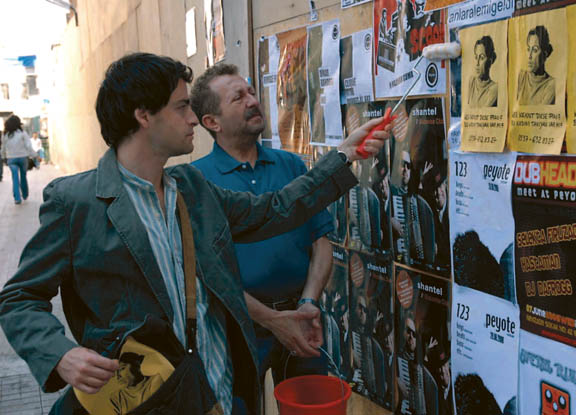Film Review: The Edge Of Heaven
Melancholy Hyperlink Drama Shows Off The Ties That Bind


not Constantinople? Are you sure?”
Latest Article|September 3, 2020|Free
::Making Grown Men Cry Since 1992


not Constantinople? Are you sure?”